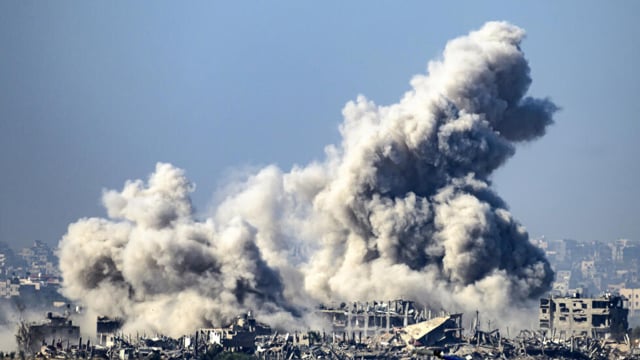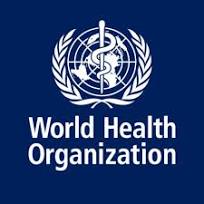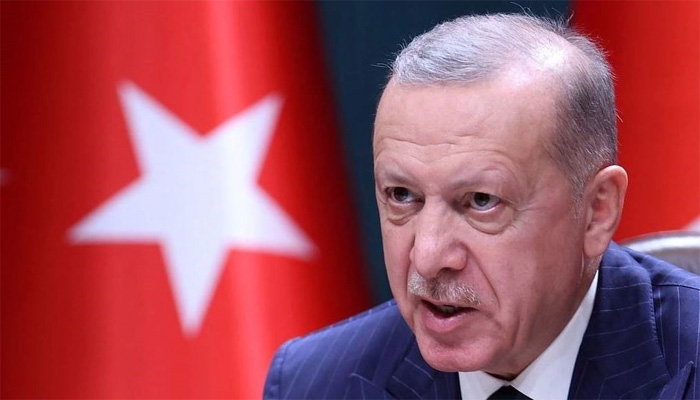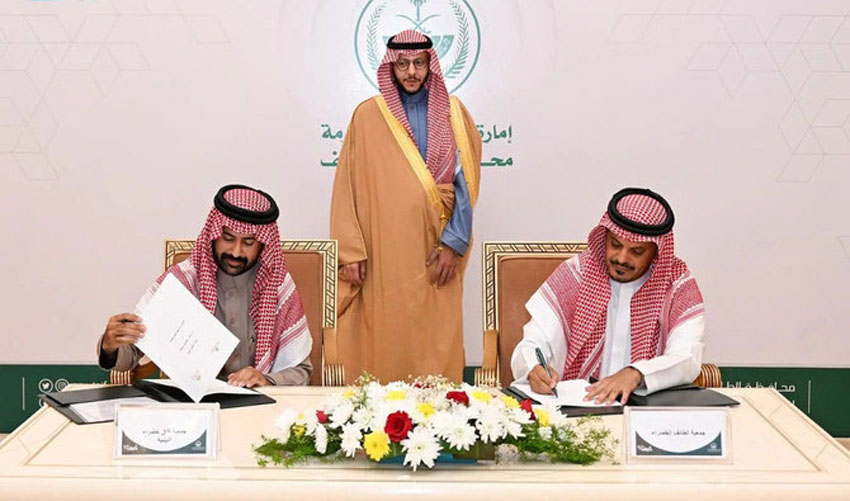CT Online Desk
Israel carried out deadly bombardments in Gaza for a second day on Saturday after a week-long truce with Hamas collapsed despite international calls for an extension.
Clouds of grey smoke from the strikes hung over Gaza, where the Hamas-run health ministry said nearly 200 people had been killed since the pause in hostilities expired early Friday.
Both sides blamed each other for breaking the truce, with Israel claiming that Hamas had tried to fire a rocket before it ended and failed to produce a list of further hostages for release.
"What we're doing now is striking Hamas military targets all over the Gaza Strip," Israel Defense Forces spokesman Jonathan Conricus told reporters on Saturday.
As hostilities resumed, Hamas's armed wing received "the order to resume combat" and to "defend the Gaza Strip", according to a source close to the group who asked not to be named because they were not authorised to speak to the media.
International leaders and humanitarian groups condemned the return to fighting.
"I deeply regret that military operations have started again in Gaza," UN secretary-general Antonio Guterres said on X, formerly Twitter.
Fears of a wider regional conflict grew after the Syrian defence ministry said Israeli strikes had hit Damascus on Saturday and the militant group Hezbollah said one of its members had been killed in an Israeli strike on Lebanon on Friday.
The United States said it is working with regional partners to reach another ceasefire.
"We're going to continue to work with Israel and Egypt and Qatar on efforts to reimplement the pause," US Defense Secretary Lloyd Austin told reporters in California on Friday.
- 'Mother of all thumpings' -
During an unprecedented attack on October 7, Hamas fighters broke through Gaza's militarised border into Israel, killed about 1,200 people, mostly civilians, and kidnapped around 240, according to Israeli authorities.
Israel vowed to eliminate Hamas in response and unleashed an air and ground campaign that has killed more than 15,000 people, also mostly civilians, the Hamas authorities who run Gaza say.
The Israeli army said on Friday that five of the hostages seized by Hamas had died, and that the Islamist group was still holding "136 hostages, including 17 women and children".
Seven days of hostage-prisoner exchanges had yielded tearful reunions of Israeli families with their released relatives and jubilation in the streets of the occupied West Bank as Palestinian prisoners walked free from Israeli jails.
US Secretary of State Antony Blinken told reporters in Dubai that the United States remained "intensely focused on getting everyone home, getting hostages back" and "pursuing the process that had worked for seven days" during the truce.
But Israeli government spokesman Eylon Levy told reporters: "Having chosen to hold onto our women, Hamas will now take the mother of all thumpings."
The Israeli military said that "ground, air and naval forces struck terror targets in the north and south of the Gaza Strip, including in Khan Yunis and Rafah."
Outside the Al-Ahli hospital in Gaza City, a man in a blue sweater bellowed in grief and turned his face and hands to the sky after viewing a dead boy in a body bag, AFPTV footage showed.
"What did he do wrong? God, what did we do to deserve this?" he yelled.
- 'Horror movie' -
Guterres has warned of a "humanitarian catastrophe" in Gaza, where the United Nations says 1.7 million people are displaced and short of food, water and other essentials.
"The healthcare service is on its knees," Rob Holden, a World Health Organization (WHO) senior emergency officer, told journalists from Gaza as explosions were heard in the background.
"It is like a horror movie."
On a bed at Khan Yunis's Nasser hospital, Amal Abu Dagga wept, her beige veil covered in blood.
"I don't even know what happened to my children," she said. A relative, Jamil Abu Dagga, told AFP the family had been at home when the bombs started falling.
In Israel, sirens warning of potential missiles sounded in several communities near Gaza. Authorities said they were restarting security measures in the area, including closing schools.
A rocket strike destroyed a van in one Israeli community near Gaza.
- 'Evacuation zones' -
Mediation efforts by Qatar and Egypt were ongoing, said a source briefed on the talks who asked not to be named.
During the seven-day truce, Hamas freed 80 Israeli hostages in exchange for 240 Palestinian prisoners, and more aid entered Gaza.
Twenty-five other hostages, mostly Thais, were also freed in separate arrangements.
The Israeli military published a map of "evacuation zones" in the Gaza Strip that it said would enable residents to "evacuate from specific places for their safety if required".
Residents in various areas of Gaza were sent SMS warnings on Friday.
Israeli forces "will begin a crushing military attack on your area of residence with the aim of eliminating the terrorist organisation Hamas," the warnings said.
"Stay away from all military activity of every kind."
- Children held hostage -
On Thursday, eight Israeli hostages, some holding dual nationality, were released in the seventh round of exchanges under the truce.
The country's prison service later said another 30 Palestinian prisoners -- 23 minors and seven women -- had been freed.
Hamas said it had offered to hand over the bodies of a mother and her two sons -- one of them a baby -- in talks to extend the now-expired truce.
Israeli officials refused to comment on what they called Hamas "propaganda".
Shiri Bibas, her 10-month-old son Kfir and his four-year-old brother Ariel, along with their father Yarden, have become emblematic of the October 7 attacks.
Hours after the truce collapsed, Israeli bombardment killed three people in southern Lebanon, one of them a Hezbollah member, according to the Iran-backed militant group.
Hezbollah meanwhile claimed its first attacks on Israel since the truce ended.



















